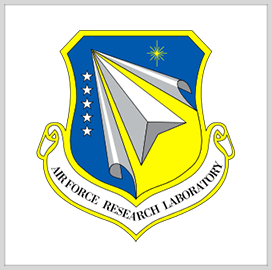The Government Accountability Office (GAO) has called on the federal government to accelerate efforts to carry out critical actions to address major cybersecurity challenges.
There are four major cyber challenges the government should address and these are establishing comprehensive cybersecurity strategy and performing effective oversight, securing federal systems and information, protecting cyber critical infrastructure and safeguarding privacy and sensitive data, according to a GAO report published Wednesday.
The GAO report listed 10 critical actions to help the country deal with cyber threats, including mitigation of global supply chain risks, the need to address cyber workforce management challenges and improvements in the government's response to cyber incidents.
For instance, the congressional watchdog cited the need to define and establish a central role to oversee the implementation of a national cyber strategy and recommended that Congress propose a measure to create a position within the executive office of the president to lead the effort.
In January 2021, Congress responded to GAO’s recommendation with the creation of the office of the national cyber director within the White House.
“Once the position is filled, the federal government will be better situated to direct activities to overcome the nation’s cyber threats and challenges, and to perform effective oversight,” the GAO report reads.
According to the report, GAO has made approximately 3,300 recommendations to help agencies address lapses in cybersecurity since 2010. Of those recommendations, over 750 are not yet implemented as of Dec. 2020.
 To register for this virtual forum, visit the GovConWire Events page.
To register for this virtual forum, visit the GovConWire Events page.




 To
To 


